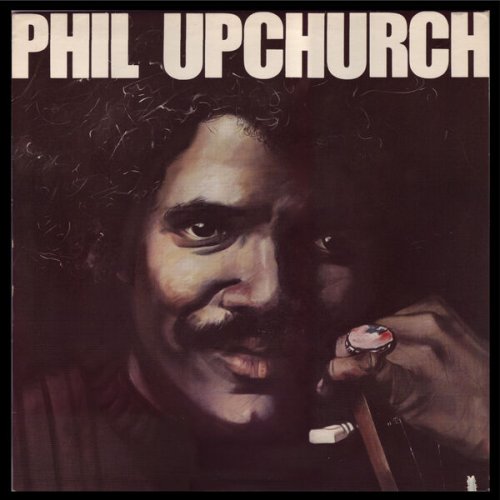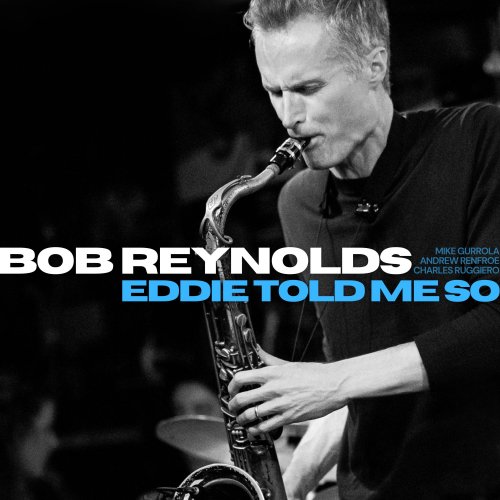Bjorn Alkes Kvartett - Bjorn Alkes Kvartett (1974)
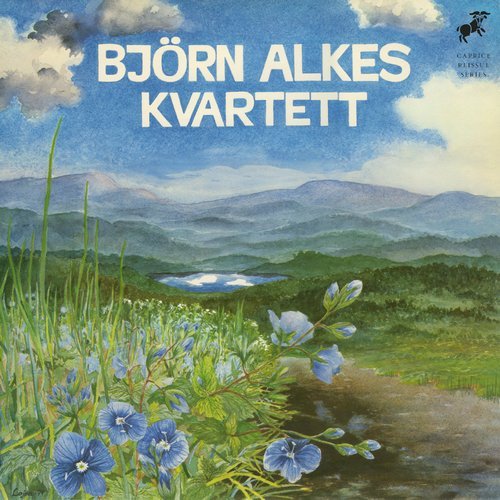
Artist: Bjorn Alkes Kvartett
Title: Bjorn Alkes Kvartett
Year Of Release: 2014
Label: Caprice Records
Genre: Jazz, Post-Bop, Cool
Quality: FLAC (tracks)
Total Time: 40:10
Total Size: 209 MB
WebSite: Album Preview
Tracklist: Title: Bjorn Alkes Kvartett
Year Of Release: 2014
Label: Caprice Records
Genre: Jazz, Post-Bop, Cool
Quality: FLAC (tracks)
Total Time: 40:10
Total Size: 209 MB
WebSite: Album Preview
01. Klagosang till Bertil Zachrisson (1:14)
02. Blues for Ann-Katrin (5:36)
03. Nepal (9:02)
04. Elegie (3:00)
05. Kitten on the Keys (1:09)
06. Intakt (7:22)
07. Wienerkorven (0:54)
08. Gun (6:37)
09. Kommunisten (5:17)
Björn Alke’s Quartet was founded in 1973, and performed, from the very beginning, a highly personal music: intimate, coherent, and swinging chamber jazz, based on a repertoire largely composed by the musicians themselves. In the autumn of 1973, Björn Alke’s Quartet won the award “Jazz in Sweden” and got to release their debut album on Caprice Records in 1974. Björn Alke played the double bass and led the quartet, a versatile and active jazz group performing at concerts, festivals, and jazz clubs. The group also did a tour to daycare centers and schools across the country.
Björn Alke (1938-2000) started playing the double bass in the mid 1950’s in Sundsvall, completely self-taught as his main instrument was the violin. And even though he initiated studies at the Royal College of Music in Stockholm, to become a classical violin soloist, the jazz music – and with it, the double bass – eventually took over, and his entrance on the Swedish jazz scene luckily coincided with the rapid and fundamental change in the role of the double bass in jazz music. It was no longer just an accompanying support for wind players and pianists, but an equal voice in the ensemble. This suited Alke like a glove, and he became something of a sensation: a powerful, ingenuous, and jerky accompanist and a playful, bold, and imaginative soloist.
Björn Alke (1938-2000) started playing the double bass in the mid 1950’s in Sundsvall, completely self-taught as his main instrument was the violin. And even though he initiated studies at the Royal College of Music in Stockholm, to become a classical violin soloist, the jazz music – and with it, the double bass – eventually took over, and his entrance on the Swedish jazz scene luckily coincided with the rapid and fundamental change in the role of the double bass in jazz music. It was no longer just an accompanying support for wind players and pianists, but an equal voice in the ensemble. This suited Alke like a glove, and he became something of a sensation: a powerful, ingenuous, and jerky accompanist and a playful, bold, and imaginative soloist.
![Martin Fabricius & Chris Lavender - The Speed of Why (2010) [Hi-Res] Martin Fabricius & Chris Lavender - The Speed of Why (2010) [Hi-Res]](https://www.dibpic.com/uploads/posts/2026-02/1771254824_cover.jpg)
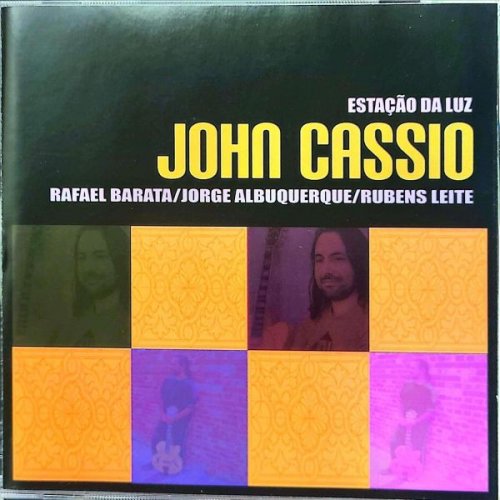
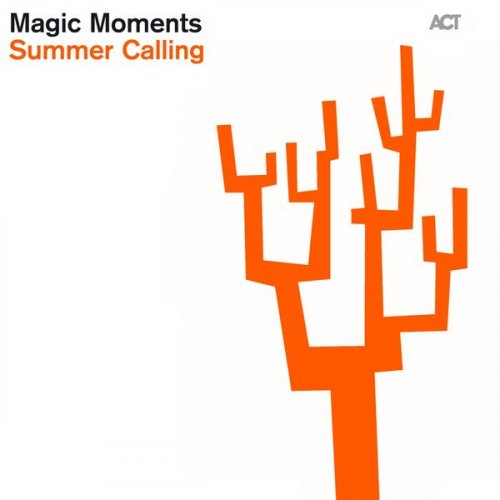
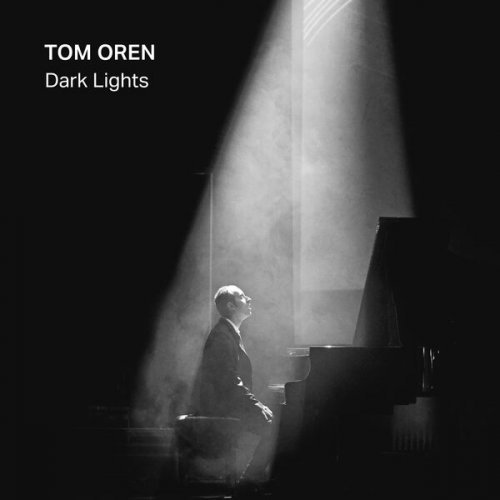
![Pasquale Cataldi - Maybe (2026) [Hi-Res] Pasquale Cataldi - Maybe (2026) [Hi-Res]](https://www.dibpic.com/uploads/posts/2026-02/1771154794_shtkhljffl929_600.jpg)
![Ragini Trio - 3 (2026) [Hi-Res] Ragini Trio - 3 (2026) [Hi-Res]](https://img.israbox.com/img/2026-02/19/uoki2dxo3dfz215xa2kz53gcp.jpg)
